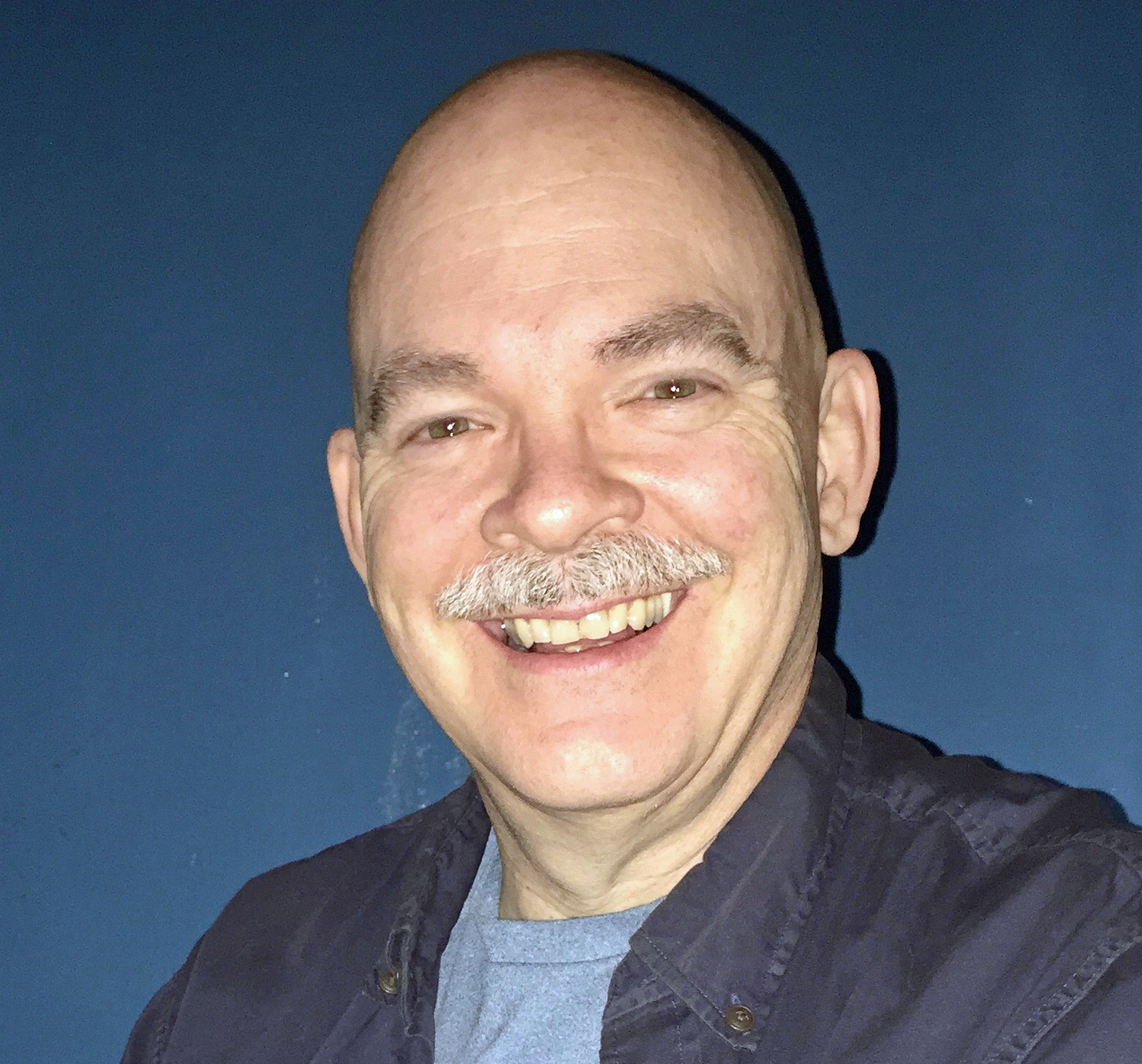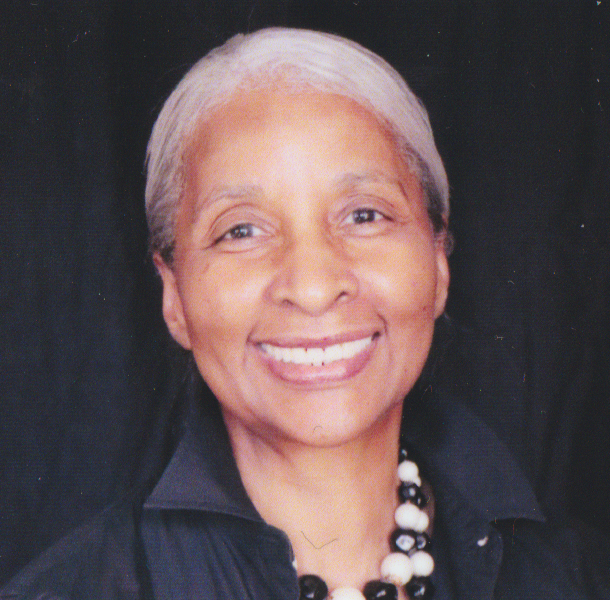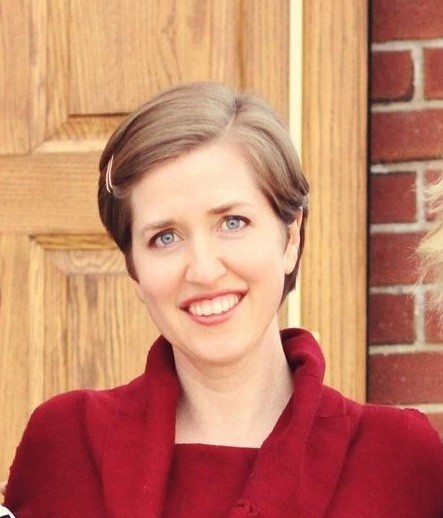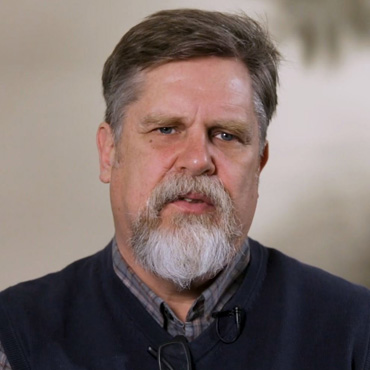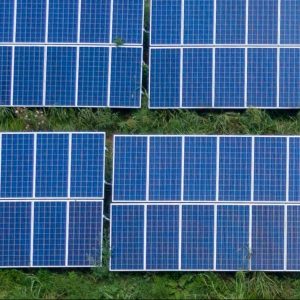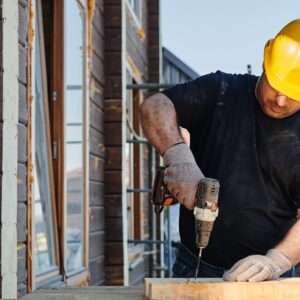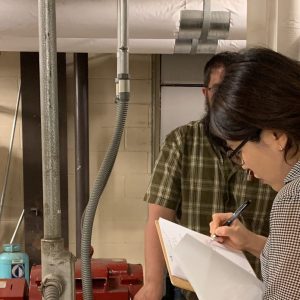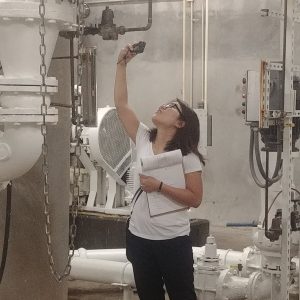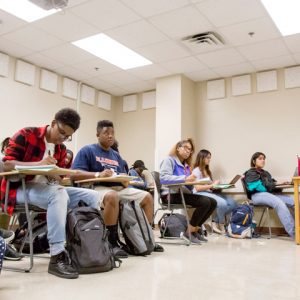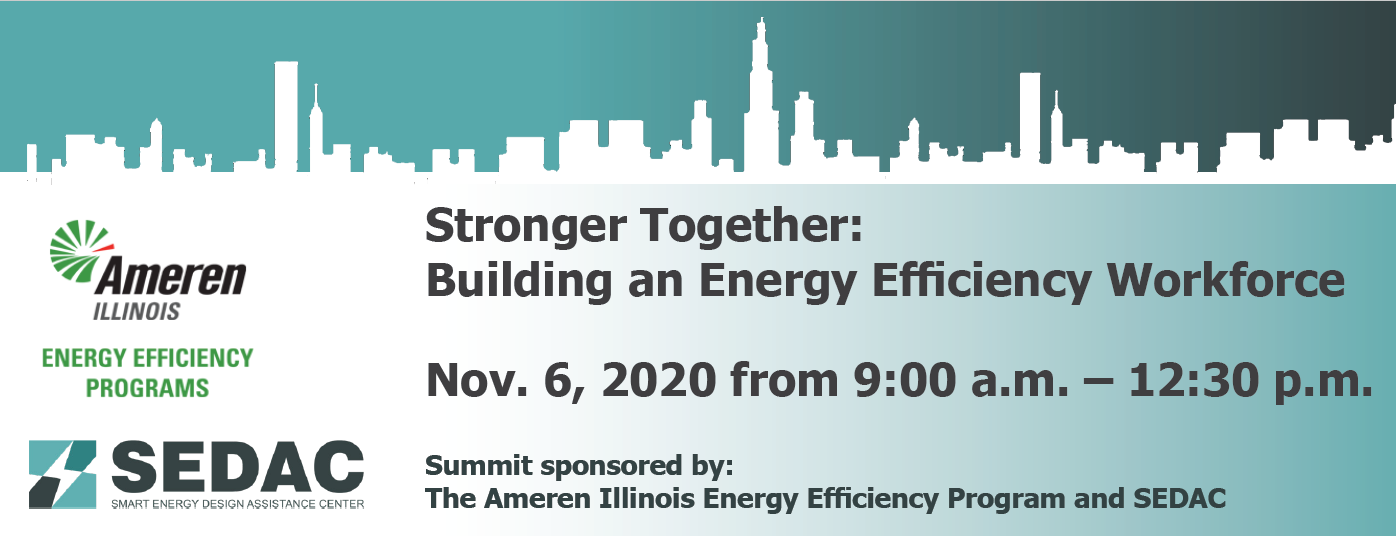
On November 6th, we hosted "Stronger Together: Building an Energy Efficiency Workforce," a virtual summit sponsored by the Ameren Illinois Energy Efficiency Program and the Smart Energy Design Assistance Center (SEDAC). We explored how to work together to build a strong and diverse energy efficiency workforce in Illinois. Energy efficiency employers, job seekers, job trainers, service providers, and workforce coordinators were invited to attend.
Watch the video of the entire summit (minus breakout discussions) on the right, or scroll down to view videos, presentation slides, and bios of individual speakers.
Opening Remarks and Keynote
The energy efficiency workforce plays a critical role in combating global climate change and helping communities save energy and money. Despite its importance, the energy efficiency workforce in Illinois has experienced nearly 9% job loss due to the pandemic, while the majority of employers report that it is very difficult to find qualified job candidates. Many populations, such as women, minorities, and rural workers, are severely underrepresented in the energy efficiency workforce. In these uncertain times, how can we work together to grow the workforce in an equitable way?
Ameren Illinois Market Development Initiative
Developing the Energy Efficiency Market
The Market Development Initiative was introduced in 2018 to strengthen the local energy efficiency economy by providing resources, support and solutions to residential and business customers throughout our communities in central and southern Illinois. By partnering with community-based organizations to identify needs and opportunities, Ameren Illinois has been able to create and execute energy efficiency programs that benefit all customers.
Over time, the Market Development Initiative aims to:
- Provide job training in energy efficiency
- Sponsor internship programs at local energy efficiency businesses
- Establish new jobs with local energy efficiency businesses
- Facilitate energy efficiency workshops
- Expand income rebate program eligibility, and more
Kristol W. Simms, Director of Energy Efficiency at Ameren Illinois
Kristol W. Simms is the Director of Energy Efficiency at Ameren Illinois. She is leading the development and delivery of the $114M Program annually, and the community based Program efforts that Ameren Illinois has undertaken as part of the Market Development Initiative. Kristol began leading the Energy Efficiency Program team in January 2018, but has been with Ameren Illinois since 2014. She is an experienced attorney with exceptional talent for client advocacy and the development of proactive, innovative solutions to address corporate business needs and concerns. Kristol most recently worked as corporate counsel for Ameren Illinois where she drove strategies to address current and emerging regulatory frameworks and their impact on the business operations of the corporate client. At Ameren Illinois, Kristol served as lead regulatory lawyer on a number of legal matters for the Ameren Illinois regulatory team. She also led the diversity and pro bono efforts for the Ameren Illinois legal team. Kristol is very active in the St. Louis business and legal community. She volunteers as a member of the Missouri Bar's Fee Dispute Resolution Committee and is a past president of the Association of Corporate Counsel, St. Louis.
Kristol received her undergraduate degree from Lincoln University in Jefferson City, Missouri and her Juris Doctorate degree from the University of Missouri, Columbia. For fun, Kristol loves to travel, read, and spend time with her husband Walter and dog Pepper.
Richard J. Mark, Chairman and President of Ameren Illinois
Richard J. Mark is Chairman and President of Ameren Illinois, which has over $3.2 billion in annual revenue and delivers energy to 1.4 million electric and natural gas customers. Joining Ameren in 2002 as Vice President of Customer Service, he quickly rose to the position of Senior Vice President of Ameren Missouri Energy Delivery, becoming the first African American in that position. He was appointed President of Ameren Illinois in 2012. His prior experience includes six years as President and Chief Executive Officer and five years as Chief Operating Officer of St. Mary's Hospital in East St. Louis. He also led the East St. Louis District 189 Financial Oversight Panel.
Richard has been instrumental in shaping regulatory policy that is transforming the energy sector in Illinois. He led a bold initiative that expanded access to energy efficiency programs and cost-saving tools for all customers, while paving the way for greater access to renewable energy. Under his direction, Ameren Illinois is modernizing the Illinois electric grid, installing smart technologies, improving reliability, and creating thousands of jobs in communities throughout central and southern Illinois.
Richard has received three honorary doctorate degrees for his civic and community work along with numerous awards and honors. In 2019 he was awarded the Senator Richard H. Newhouse award from the Illinois Legislative Black Caucus Foundation and the Leadership Award from the Midwest Energy Efficiency Alliance. In 2018 he received the Leadership Award from the Springfield NAACP, the Visionary Award from the Foundation Fighting Blindness, and was named one of the Most Powerful Executives in America by Black Enterprise Magazine. In 2017, Richard received the Heritage Award from the Illinois Legislative Sportsman Caucus. Other honors include Illinois Black Chamber of Commerce's Outstanding Corporate Leadership Award (2015), African-American Career World magazine's Top 10 national business leaders (2015), a Telly Award for Ameren’s Employee Communications video magazine (2015), and Who’s Who in Energy recognition by the St. Louis Business Journal (2015). He was named one of Savoy Magazine’s Top 100 Most Influential Blacks in Corporate America for 2016 and 2014.
Richard achieved fellowship status from the National Association of Corporate Directors (NACD) in 2017. He serves on a variety of boards and organizations including Tenet Healthcare, Abraham Lincoln Presidential Library Foundation Board, Madison Mutual Insurance Board, Leadership Council of Southwestern Illinois, Fontbonne University, the St. Louis Police Foundation and the St. Louis Regional Business Council.
Jamira Burley, Activist & Head of Skills @ The Global Business Coalition for Education
Recognized by the Obama White House as a Champion of Change and a Forbes Under 30 Honoree in Law and Policy, Jamira has made it her mission to employ her personal experiences as the driving force to improve the lives of others. From implementing anti-violence programs throughout the City of Philadelphia when she was just a high school student, to organizing youth trainings around the world as an appointee to the United Nations Global Education First Initiative; Youth Advocacy Group, Jamira’s ardor for personal and social advancement is undeniable. Jamira leads with expertise on workforce development, social justice, youth engagement, education reform and corporate social responsibility to authentically reshape communities and disrupt the status quo. In 2018, Jamira was the first United States citizen awarded the Global Leadership Award for Vital Voices and selected as an MIT Media Lab Fellow.
Today, she works as a next-gen social impact consultant and Head of Youth Engagement and Skills for the Global Business Coalition for Education; working to create collaborative relationships among youth, bilateral agencies, governments, and business leaders to enable innovative ways to educate, engage and activate young people around the world. Prior to the Global Business Coalition for Education, Jamira was the National Deputy Millennial Vote Director for Hillary for America, former manager at Amnesty International USA overseeing the U.S. justice portfolios addressing gun violence, police accountability and criminal justice reform. For more information follow her on Twitter/ Instagram @JamiraBurley or visit www.jamiraburley.com.
Barriers and Solutions
SEDAC shared research findings addressing barriers and solutions to grow the energy efficiency workforce around 4 key topics.
Awareness
View Presentation Slides
There is a great need for energy efficiency jobs, but too few people are aware of energy efficiency career paths. SEDAC's Patrick Sullivan describes barriers and ways to raise awareness.
Dr. Patrick Sullivan has been working as a Program Manager at SEDAC since June of 2017. He has a PhD in Human and Community Development and has extensive experience in project management and evaluation, research design, and data collection and analysis. During his time at SEDAC he managed the Public Housing Authority research project that identified barriers and potential solutions for increasing PHA engagement in utility sponsored energy efficiency programs.
Diversity
View Presentation Slides
Many populations are underrepresented in the energy efficiency workforce. Dr. Robin Jarrett describes the barriers that underrepresented groups face and how we can overcome these barriers.
Dr. Robin L. Jarrett is Professor Emerita of Family Studies in the Department of Human Development and Family Studies, and emerita faculty member in the Department of African American Studies at the University of Illinois-Urbana- Champaign. She received her Ph.D. from the University of Chicago, Department of Sociology. Her research interests include positive child and adolescent development, ethnic-racial group families, family functioning and resilience, and inner-city communities.
Dr. Jarrett uses ethnographic field methods (participant observation, intensive interviewing, photo documentation, GIS) to examine family coping strategies among inner-city families with preschoolers and adolescents. For nearly three decades, she has conducted research in Chicago neighborhoods and with low-income African American families. Dr. Jarrett has been a member of key groups that focus on family well-being, positive child-youth development and supportive community processes, including the National Academy of Sciences Committee on Family and Work Policies, Board on Children, Youth, and Families; the Social Science Research Council's Working Group on Communities and Neighborhoods, Family Processes and Individual Development; National Institutes of Health Study Section on Community Influences on Health Behavior; and National Institute of Mental Health Family Research Consortium III.
Skills & Training
View Presentation Slides
Are training programs meeting the needs of employers? SEDAC's Linda Larsen discusses the training needed to grow the energy efficiency workforce of the future, and how we can coordinate better.
As the Publications Coordinator for SEDAC, Linda Larsen believes that sustainable ideas need to be communicated clearly and persuasively so that people are empowered to make positive changes. Linda does a little bit of everything at SEDAC. She develops and delivers educational content; writes blog posts, grants, and reports; engages in qualitative research; helps with program management; oversees SEDAC’s diversity and inclusion initiative; and manages the website and newsletter. In addition to her work at SEDAC, Linda collaborates with professors in environmental design fields to research and promote the human health benefits of access to green infrastructure.
Linda is also the co-director of the Education Justice Project’s Reentry Guide Initiative, where she supervises the production and distribution of tens of thousands of reentry guides for people leaving prison and for family members, friends and service providers who support them.
Solutions
View Presentation Slides
What are some solutions for growing and diversifying the energy efficiency workforce? SEDAC Executive Director Brian Deal shares a vision of how we can coordinate better to put these solutions into action.
Dr. Brian Deal is the Executive Director of the Smart Energy Design Assistance Center (SEDAC) and a Professor of Landscape Architecture at the University of Illinois. His scholarship and teaching revolve around issues of energy, climate, and urban systems sustainability. He has been actively engaging energy and building energy research, analysis, and applications for over 3 decades through work supported by a host of regional, state, federal, and international agencies. He is the founder and Executive Director of the Smart Energy Design Assistance Center at the University of Illinois, a public private partnership dedicated to reducing the Illinois energy footprint through analysis, awareness and technology infusion.
Featured Organizations
The summit featured the following organizations for their work in growing and diversifying the workforce.
Solutions for Energy Efficient Logistics (SEEL), LLC
Southtown Construction Training Center, B.O.N.E. LLC
YouthBuild, a program of the Housing Authority of Champaign County
Breakout Discussions
The summit offered opportunities for stakeholders to meet in small groups to discuss findings and share ideas for growing and diversifying the workforce. SEDAC's Cassie Carroll, who was the emcee for the summit, summarized the results of these breakout discussions. More in-depth summaries of discussions coming soon!
Special Thanks
The following individuals and organizations have contributed to this research project and summit development, in collaboration with SEDAC.
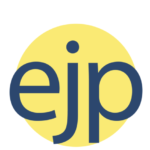
Paul Francisco, Indoor Climate Research and Training (ICRT)
Stacy Gloss, ICRT
Robin Jarrett, Professor Emerita, Human Development & Family Studies
Education Justice Project
Rebecca Ginsburg
Jobie Taylor
Joshua Payne
Check out SEDAC's Energy Efficiency Workforce research
How will CEJA Grow the Solar Workforce?
The Illinois Climate and Equitable Jobs Act (CEJA) sets a goal for Illinois to reach 40% renewable energy by 2030 […]
Growing the Clean Energy Workforce
It’s an exciting time to be part of the clean energy workforce! Recent state and federal legislation has brought unprecedented […]
Growing the Energy Efficiency Workforce: Crafting Effective Job Postings
In the current job market where job seekers have a multitude of different options, how do you craft a job […]
Energy Efficiency Workforce: Lessons Learned from Past Crises
Growing the Energy Efficiency Workforce Research Series In Illinois, nearly 10,000 energy efficiency jobs have been lost since the beginning […]
Building a Resilient Energy Efficiency Workforce
The economic effects of the pandemic have devastated many job sectors, including the energy efficiency sector. In Illinois, there are […]
Energy Efficiency Workforce Diversity
There are many benefits to a diverse workforce. Diversity can drive competition, improve culture, foster innovation and economic growth, and […]
Impact of COVID19 on Energy Efficiency Workforce
By Devin Day, SEDAC Engagement and Program Specialist The coronavirus pandemic has created an unprecedented level of uncertainty for industries […]
Energy efficiency workforce: Raising awareness
The energy efficiency sector has a high demand for workers--especially in the HVAC technician and construction industries--yet few young people […]
Energy efficiency workforce: What’s in a name?
At SEDAC, we are committed to reducing the energy footprint of the State of Illinois by helping to grow the […]
Energy efficiency workforce: Where are we now?
The energy efficiency sector is one of the fastest growing job sectors in Illinois and nationwide. Energy efficiency businesses were projected […]


